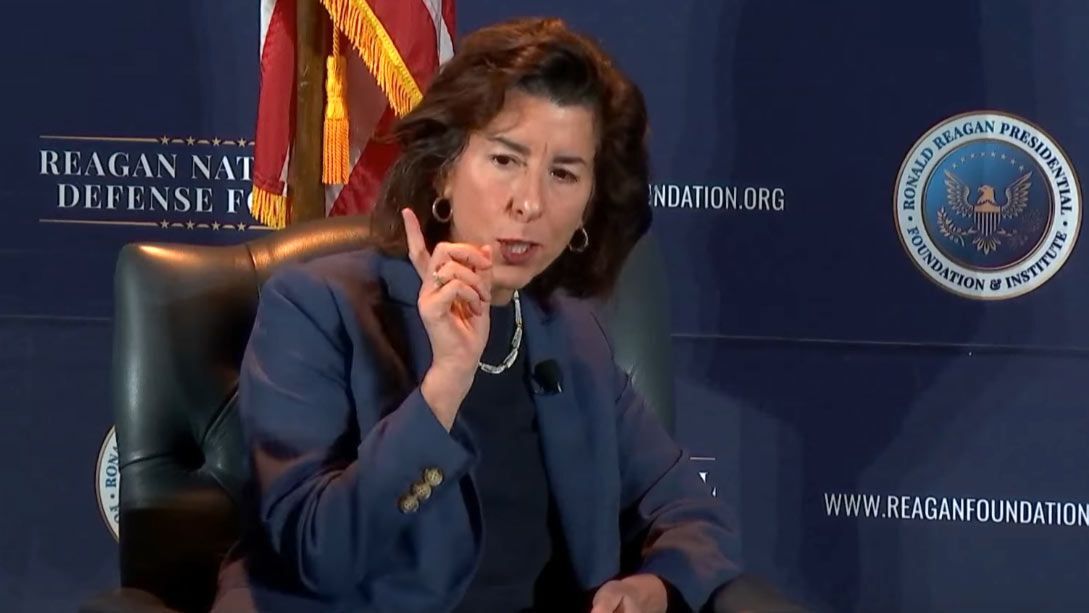I’d like to know what capabilities they’re trying to block too. All of the chip sanctions seem scattershot, easy to evade, and destined to backfire in the long run (by forcing China to invest heavily in domestic production). But even if the sanctions work, what are we trying to block?
I’ve seen speculation about the military applications but half of them just sound good to me. Like, maybe China’s military having more accurate missiles sounds bad to the Pentagon but I’m a civilian. I want all the weapons to be precisely accurate. Hell, I wish they’d teach gang members how to aim so I don’t have to worry about the news referring to me as an “innocent bystander.”
But even if the sanctions work, what are we trying to block?
The US is trying to kneecap China before they become a superpower on par with themselves.
I imagine this will only undermine that goal. If this trade war is about stupid “tough on China”political posturing, it’s obviously going to backfire. If there really is some amazing national defense reason to limit chip exports, China will obviously respond by investing heavily in R&D and domestic production capacity. In ten years, we’ll probably be doing protectionism the other way to protect Nvidia from new Chinese competitors.
From an economics standpoint, it’s backwards. If anything, China should be the one limiting chip imports to protect their upstart chip makers and give them space to catch up. We’re just doing an “infant industry” strategy for them. And all for vague “national security” reasons.
This is the best summary I could come up with:
But to be successful in this goal – with all its national security implications - she made it clear that more funding was needed, and a deeper relationship with tech companies would be required going forward.
Moving onto the specifics of improved cooperation with US and allied tech companies, Raimondo said she had noticed “Nvidia for example” was slicing chip specs “just below that [specification] cut.” This was traditionally how export controls worked, admitted Raimondo, but said she was seeking “a new way to have a continuous dialogue with industry where our Engineers can go toe-to-toe with their engineers, and we go to them and say our intent is to deny China technologies that can do XYZ.” In other words, sanctions may be readjusted somehow to target capabilities rather than levels of performance.
The above speech from Raimondo is a clear indicator that the government wants US firms to follow not just the letter, but the spirit of the rules concerning AI and computing export controls.
However, she said her department was “eyes wide open about the threat from China.” She implored tech companies to “work together so your businesses are strong and lead the world, but also so our national security is protected.”
Reuters reports that Taiwan Economy Minister Wang Mei-hua will greet a delegation tasked with explaining the complicated new US rules to the many important tech companies on the democratically-governed island.
The US officials, who were not named by Taiwan’s Central News Agency, will visit next month and concentrate their efforts around important chip hubs in Hsinchu and Tainan.
The original article contains 593 words, the summary contains 262 words. Saved 56%. I’m a bot and I’m open source!




